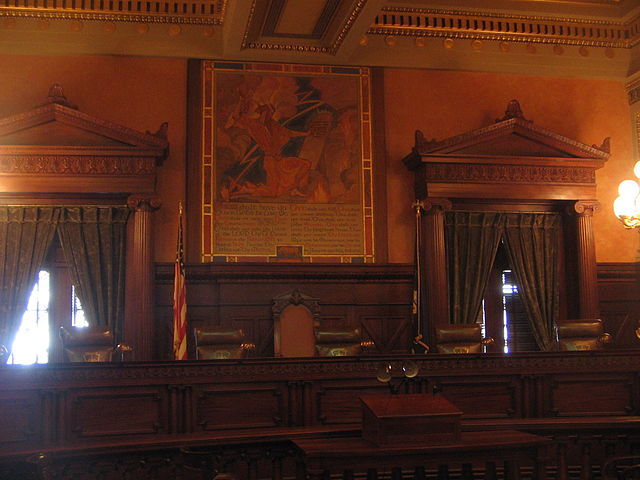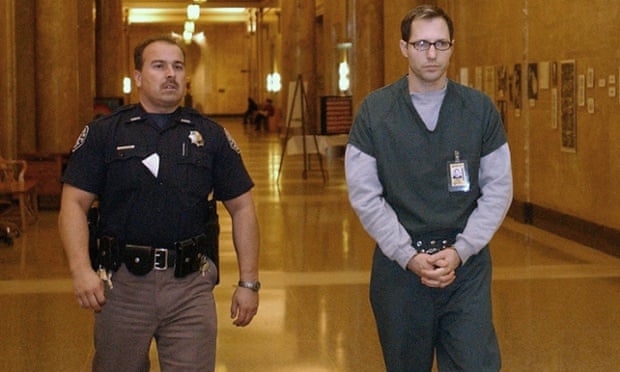By Lyndsey Kelly
Impunity Watch Reporter, North America
WASHINGTON D.C., United States of America – In a 5-1 decision the Pennsylvania Supreme Court ruled that the requirement that all sex offenders who were juveniles at the time of their crime must remain on the Megan’s Las Registry for life is unconstitutional. The decision stemmed from a list of juvenile cases in York County. The York County case involved seven males who had committed crimes as teens that ranged from aggravated indecent assault to involuntary deviant sexual intercourse.

The court declared that the law is unconstitutional because it fails to allow for an appeal and assumed that all juvenile sex offenders posed a risk of reoffending as adults, despite the fact that studies show that just one percent of juvenile offenders commit new crimes as adults.
The Pennsylvania law had required registration for teens 14 years and older found guilty of sex crimes. The law required offenders to report quarterly to state police and report changes of address, job or personal appearance within three days of such action. Additionally, the placement of the registry comes with much public stigma. Only after being on the registry for 25 years, could an offender petition to be removed from the registry, and only if the offender had not committed any other sex crime.
Justice Max Baer wrote in the majority opinion, “[SORNA will] improperly brand all juvenile offenders’ reputations with an indelible mark of a dangerous recidivist. SORNA is the state’s Sex Offender Registration and Notification Act. Justice Baer also stated that the law may have remained in affect if the legislature would have required due-process hearings to examine the potential for rehabilitation before a juvenile was placed on Megan’s list.
The Philadelphia-based Juvenile Law Center, which served as co-counsel on the case, argued that the registry was an added punishment for juvenile offenders, which did little to protect the community.
For more information, please see the following:
JAMESTOWN SUN – Pennsylvania High Court Strikes Down Law On Juvenile Sex Offenders – 2 Jan. 2015.
JURIST – Pennsylvania Top Court Strikes Down Law on Juvenile Sex Offenders – 3 Jan. 2015.
PHILLY TRIBUNE – PA. Supreme Court Strikes Down Juvenile Sex Offender Registration– 2 Jan. 2015.
REUTERS – Pennsylvania High Court Strikes Down Law on Juvenile Sex Offender – 2 Jan. 2015.



